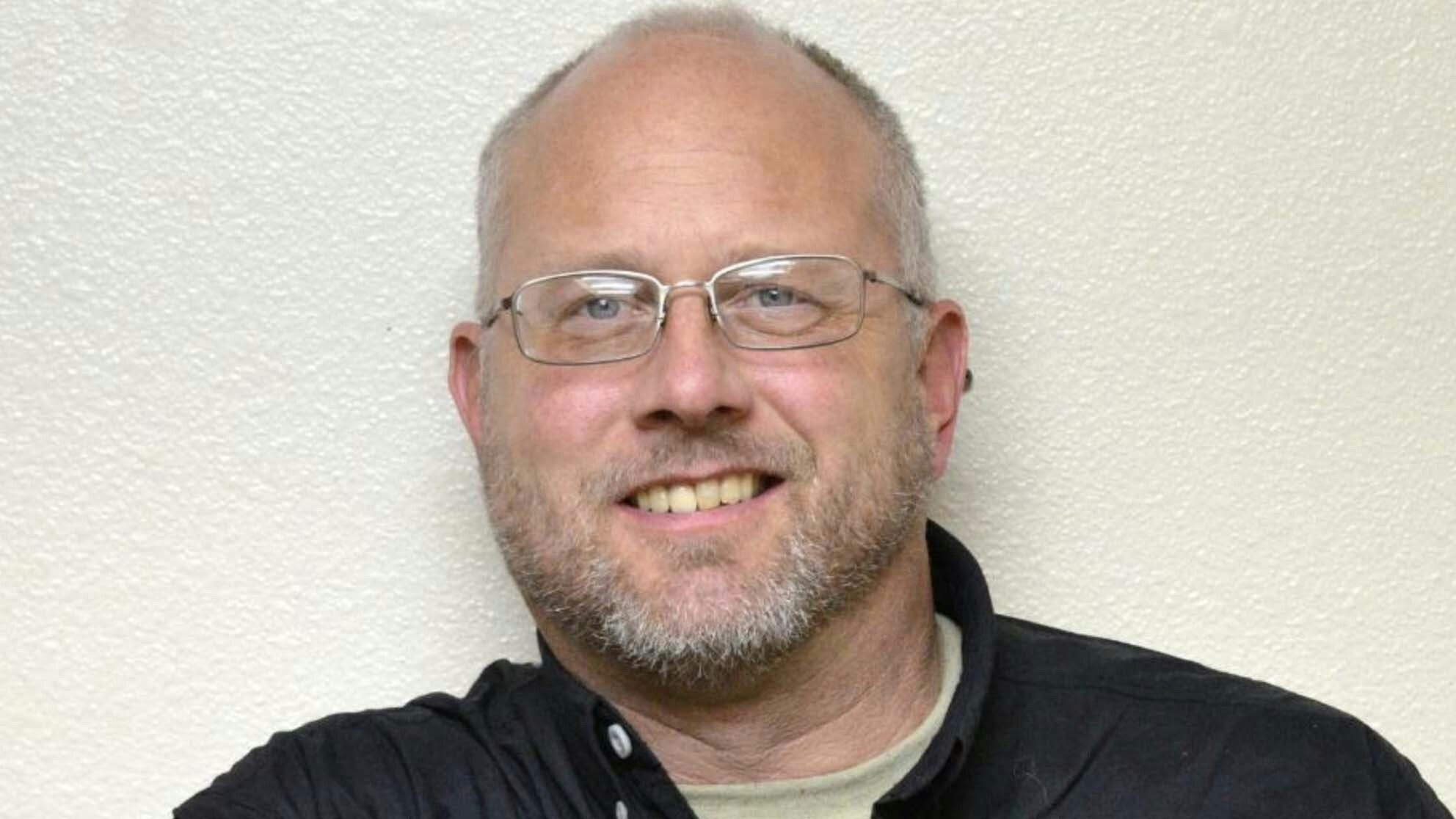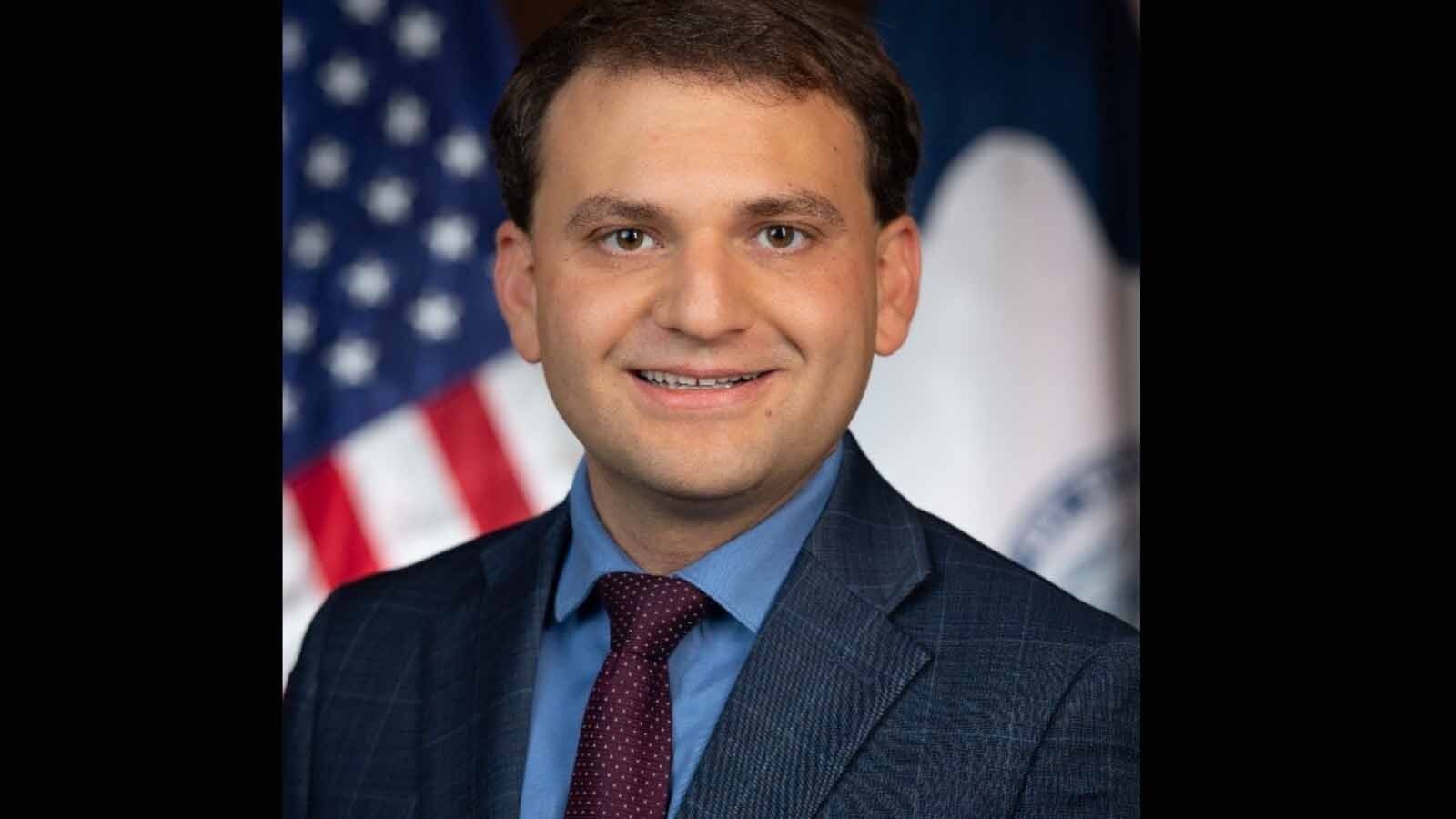Your honor, reputation, and good name are perhaps, the most valuable possessions you have. But, unlike most other possessions, they cannot be traded in or discarded when they go bad. Like your body itself, your reputation sticks with you from the cradle to the grave. It is the only one you will ever have. Unlike your body, however, your reputation is not wholly under your control.
Your body is largely shaped by how you treat it. But your reputation is shaped by what others think about you. Moreover, an out-of-shape body can be covered in ways that hide the bad and highlight the good. But your reputation—whether good or bad—is on display for all to see.
That’s what makes venturing out into the public so scary. What you need most to live in community—reputation—is the one thing that is least under your control. Unspoken judgments made by every person you meet determine whether that person will buy from your shop, give you a job, or be your friend. And while anyone can ruin his or her reputation in an instant, building a good reputation is a life-long project.
The high value of reputation and its dependence on the good report of others have combined to give us laws against libel, slander, and defamation. Malicious and false accusations cause real harm to a person. But the laws that govern them are tricky.
Laws against malicious speech always carry a grave danger of unintended consequences. Laws that punish a person’s evil speech can just as easily be used to punish good speech. And, in a world where good and evil are often confused, well-intended and truthful speech increasingly is subject to brutal lawfare.
For these practical reasons, it is far better to foster self-discipline and guard one’s own tongue than to give the state power to police speech. The Golden Rule should be followed. Before speaking about anyone—friend or foe—ask yourself: Would I want this said about me? This same Golden Rule should also impel us to defend those unjustly accused. Just as it is one’s duty to refrain from attacking a person’s reputation, it is also one’s duty to defend the person whose reputation is under assault.
The U.S. Constitution even recognizes the fair defense of your reputation as a natural right. The Sixth Amendment says: “[T]he accused shall enjoy the right to a speedy and public trial, by an impartial jury of the state and district wherein the crime shall have been committed, which district shall have been previously ascertained by law, and to be informed of the nature and cause of the accusation; to be confronted with the witnesses against him; to have compulsory process for obtaining witnesses in his favor, and to have the assistance of counsel for his defense.”
This natural law forbidding slander and requiring you to speak up for those maligned comes into the Ten Commandments as: “Thou shalt not bear false testimony against Thy neighbor” (Exodus 20:16 KJV). It recognizes every person’s good name as a precious gift and protects it both with charitable silence and with the duty to defend it.
Sadly, this universal duty has been reduced to the narrowest application imaginable. We tend to give ourselves a pass when it comes to “public figures.” The ordinary etiquette that we extend to polite company is thrown out the window in public discourse.
No doubt mass media and social media have contributed greatly to the problem. But each individual is responsible for his or her own words. Repairing our society-wide disrespect for the good name of others begins with you.
Whether politicians are calling their constituents deplorables and knuckleheads, or constituents are defaming the reputations of elected officials, both should be ashamed of themselves. It is time to remember our human duty toward others and stop making exceptions for “public figures.”
Criticize his policy but defend his reputation. Remember this especially when you have never met the person. Highly edited snippets on the evening news are no substitute for shaking his hand and looking into his eyes. Don’t be goaded into thinking otherwise.
Imagine the civility that you can bring to your own corner of the world simply by performing your duty to guard your tongue and to speak well of others—especially of your enemy.
As a side benefit, you will find your voice becoming more powerful, not less. The more respect that you extend to a person, the more attentively your audience will listen. Demonizing insults may turn people’s heads, but they turn off people’s ears. And they diminish the reputation of the speaker more than that of the target.
Jonathan Lange is a Lutheran Church—Missouri Synod pastor in Evanston and Kemmerer and serves the Wyoming Pastors Network. Follow his blog at https://jonathanlange.substack.com/. Email: JLange64@protonmail.com.





